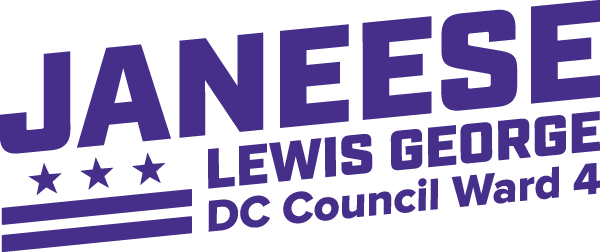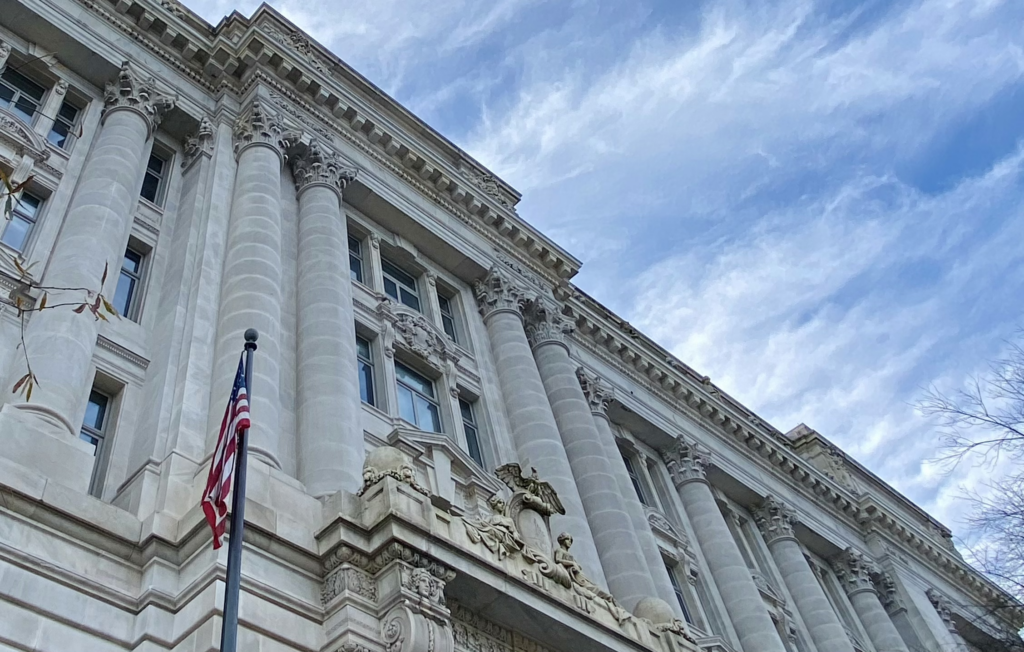DC Residents Would Determine Which News Outlets Receive Funding Using News Coupons They Can Allocate to the Outlets of Their Choice
Ward 4 Councilmember Janeese Lewis George introduced legislation to create a first-in-the-nation program to fund local news. After years of declining revenue, painful layoffs, and discontinuations, the bill would provide a stable source of funding for local journalism that is decided by the public.
“Strong journalism is indispensable for a healthy democracy and an accountable government, but local news is being shuttered by layoffs. This bill would create a stable funding source for local reporting so it can continue to inform residents, uncover corruption and abuse, highlight injustices and inequalities, and hold our government accountable to its people,” said Councilmember Lewis George.
The Local News Funding Act would set aside 0.1% of the District’s annual budget to create a Local News Grant Program to fund media outlets that report local news. Critically, it would be solely up to residents to determine which news outlets are funded and how much funding they receive. Each DC registered voter would receive news coupons to allocate to their preferred news outlets, and the number of news coupons each outlet receives would determine its share of funding.
“It should not be up to the government to decide which outlets are funded. That is why our bill solely empowers DC residents to allocate grant funding among news outlets.”
The Local News Grant Program program would be open to a broad range of news outlets that provide original fact-based information focused on local events, including local sections of national newspapers, online local news sites, outlets serving local residents who primarily speak Spanish or other languages, community-focused blogs focused on specific neighborhoods, radio stations or podcasters, independent journalists, and breaking news sources on social media.
The legislation also features important safeguards to ensure transparency and prevent conflicts of interest or abuse of the program. Eligible news outlets must report news as their primary activity, make local news available for free, and distinguish local news from advertising. Eligible news outlets must also disclose to the public their owners and whether they are for-profit or non-profit entities. In addition, the bill prohibits DC government employees from owning or controlling a news outlet that benefits from this program or using their official authority to influence the allocation of news coupons.
“This matters for public safety in DC. Local news has uncovered and kept the spotlight on issues with DC’s crime lab, our 911 call center, the decline in USAO prosecutions, and many other public safety failures. The same applies to education, housing, and every major issue in our city. Local journalism drives change, and we need to sustain it.”
The Local News Grant Program would be administered by a new seven-member Community Journalism Board. This Board is designed to be as independent of political interference as an agency can be while also being consistent with current interpretations of executive power in the District. Each member of the Board would be appointed by a different official: the Mayor (with Council approval), the Board of Elections, the Board of Library Trustees, the Commission on Arts and Humanities, the District’s Attorney General, the State Board of Education, and HumanitiesDC.
“This bill is meant to kick off a debate about whether we need for a program like this and how to structure it. But we can’t deny that the old journalism model is starting to fall apart, and doing nothing will only continue the decline. Local news is worth fighting for.”
In recognition of important First Amendment principles, the program only includes narrow exclusions for marketing publications, which serve as a form of advertising, and for sports reporting, which primarily serves national audiences. The bill would also exclude television outlets from the program because the District already has a separate grant program to develop TV content that is aired on public, educational, and governmental channels and funded with cable franchise fees.
This legislation is co-introduced with Ward 1 Councilmember Brianne Nadeau.

